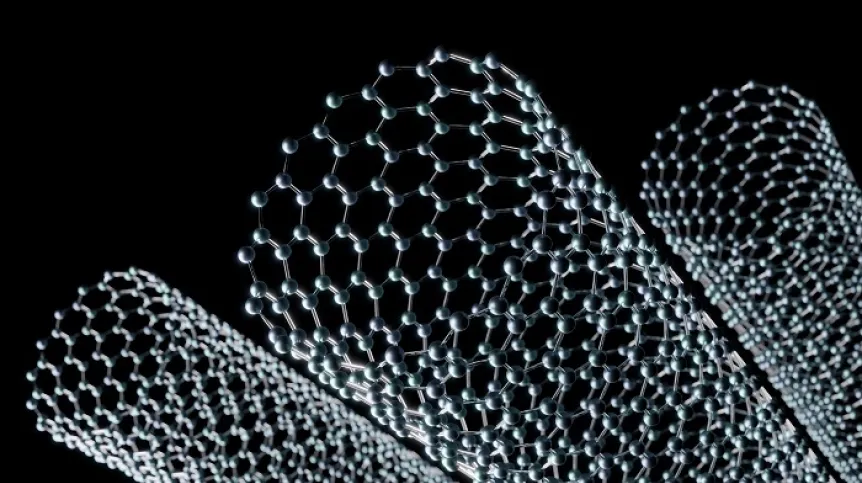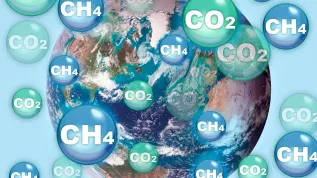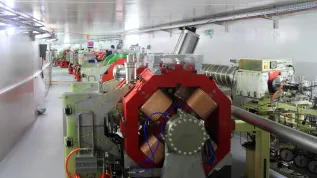
Polish scientists have discovered a bait for 'nanotube big fish'. Their method will make it possible to separate all larger carbon nanotubes in one step and leave only the smallest ones that have a special potential for use in photovoltaics and nanomedicine.
Professor Dawid Janas from the Silesian University of Technology said that scientists from his team observed that non-ionic surfactants make it possible to precisely isolate carbon nanotubes with a specific structure. The paper documenting the research results was published in the journal Advanced Science. To explain the importance of the discovery, Janas uses a fishing analogy.
He said: “Let's assume that we have a carp and pike pond. We want to breed both species, but carp grow slowly and it takes about 3-4 years for them to be suitable for the Christmas table. During this time, pike will grow like weeds and - once they reach the right size - they will eat our carp, thus cancelling Christmas culinary plans. To solve this problem and save the carp, you need the right bait that will allow you to catch these large pike before their appetite becomes a threat.”
It is similar in the case of carbon nanotubes, where small 'specimens' are the most desirable for the indicated applications, and large ones need to be eliminated from the population.
During the work carried out under the OPUS grant, scientists observed that non-ionic surfactants were an excellent bait for nanotube 'big fish', while they did not catch small pieces.
Janas said: “Thanks to this, we were able to fish out all the larger nanotubes except for this one desirable, smallest type with a diameter of only 0.692 nm. Interestingly, this tactic also successfully cleaned up the nanotube debris, which, due to their high price of over $ 1,500 per gram, we collected for years in our laboratory, hoping that they would be useful one day.”
The first author of the paper in Advanced Science is Błażej Podleśny from Professor Dawid Janas' team from the Department of Organic, Bioorganic Chemistry and Biotechnology of the Faculty of Chemistry, Silesian University of Technology. The team has been working on selective harvesting of nanotubes with specific properties for many years. This harvesting can be tricky because nanotubes - tiny graphene tubes made of carbon and hollow inside - tangle with each other, and on a macro scale they look just like a handful of black dust.
Read more on selective harvesting of nanotubes - on THIS page.
More on the applications of nanotubes in medical diagnostics and the team's recent research - on THIS page.
PAP - Science in Poland, Karolina Duszczyk
kol/ zan/ kap/
tr. RL













